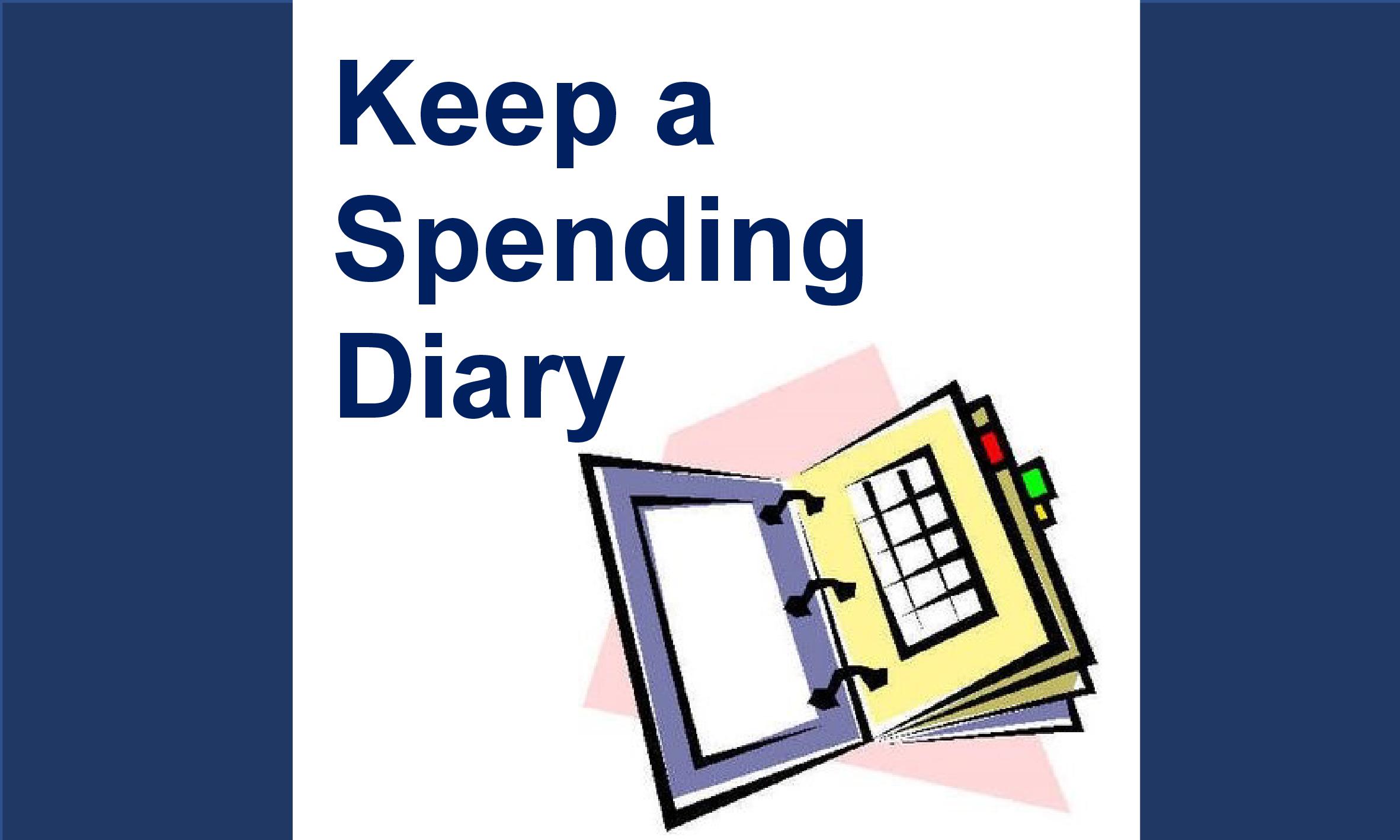Keeping a Spending Diary
Do you hold your breath when you check your bank balance towards the end of the month? And then wonder where all your money has gone? Keeping a spending diary for a month, can help identify areas to save, and give you more piece of mind.
Having a budget is a great way to give you piece of mind, but to create a realistic budget you can stick too, its important to know where you are spending your money!
By keeping track of every single penny, you will get a good understanding of what you are spending your spare money on, and start being more in control.
When to use.
It is best to make a note of what you have spent, when you spend it, which gives you less chance to forget. However, getting out a notebook in the middle of the shops is not always practical. A top tip is to take a quick picture of your receipt with your phone or making a note on your phone if you don’t get a receipt. Then logging it all in your spending diary in the evening. It is all the tiny amounts of money, that all add up.
What to record.
When? Make a note of the day, and possibly the time, as this helps you see if there is a pattern to your spending.
What? Write down each item, not just “Shopping” as this helps identify any little extras you have bought. How many times has a few bits from the shops turned into a £20 shop? Blowing your weekly food shopping budget?
How much? Using your receipt write down the cost of each item, making it easy to separate the essential costs and the none essential.
Why? It is importing to identify why you are buying it, was it because you need to eat? Or was it a quick pint after a long day? Or because it was on offer? By looking at why you spent money on an item, is a key part of taking control of your financial future.
What next?
It’s a good idea to keep the diary for at least a month, to give you a good idea of how much you are spending and on what! You may start feeling guilty about how many random purchases you make in a day, but do bare with it, and record it all. You do not have to share it with anyone, this is a tool for you, to help you.
Once you feel like you have a good few weeks of tracking your spend, you can start to look for patterns, and areas you can cut back on, but also more realistic figures for you budget. Saving money is one thing, but no one expects anyone to live miserably.

